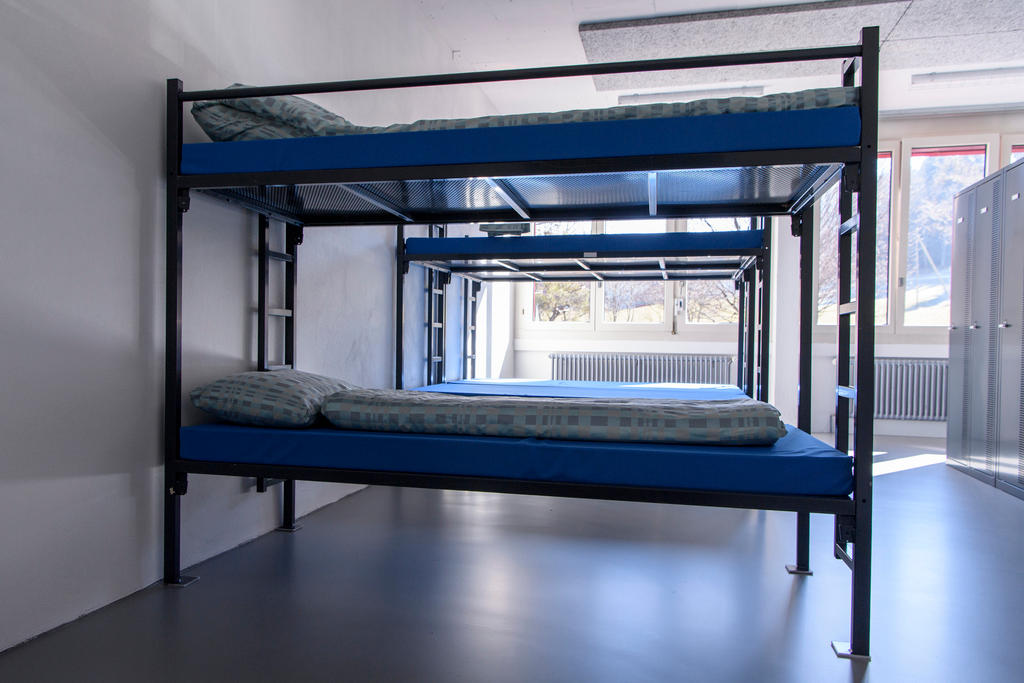
Accelerated asylum procedures to take effect in 2019

A significant revision of the order on the operation of federal asylum centres, which now sets a maximum stay of 140 days, will enter into force on March 1, 2019.
The revised order of the Swiss Justice Ministry stipulates that most asylum procedures will take place in federal centres for asylum seekers, and that those seeking asylum will “stay henceforth for a maximum duration of 140 days”, the State Secretariat for Migration (SEM) stated on WednesdayExternal link (in French, German and Italian).
Asylum procedures will be subject to shortened deadlines, and asylum seekers will receive free legal representation from the first day, the SEM said.
The order, which regulates the daily operations of federal asylum centres, was substantially reformed following approval by 66% of Swiss voters in June 2016.
+ Read more about the 2016 vote on accelerated asylum procedures
Other changes concern notably the provisions relating to registration, reception, accommodation and supervision at federal asylum centres, as well as specific rules governing access to buildings, visitation and departure times.
The current rule, under which asylum centres are open every day from 9am to 5pm, will be maintained. However, the SEM may now agree on longer opening hours with the municipalities in which the centres are located.
In addition, all asylum seekers of school age will have access to basic education in these federal centres.

In compliance with the JTI standards
More: SWI swissinfo.ch certified by the Journalism Trust Initiative






























You can find an overview of ongoing debates with our journalists here . Please join us!
If you want to start a conversation about a topic raised in this article or want to report factual errors, email us at english@swissinfo.ch.